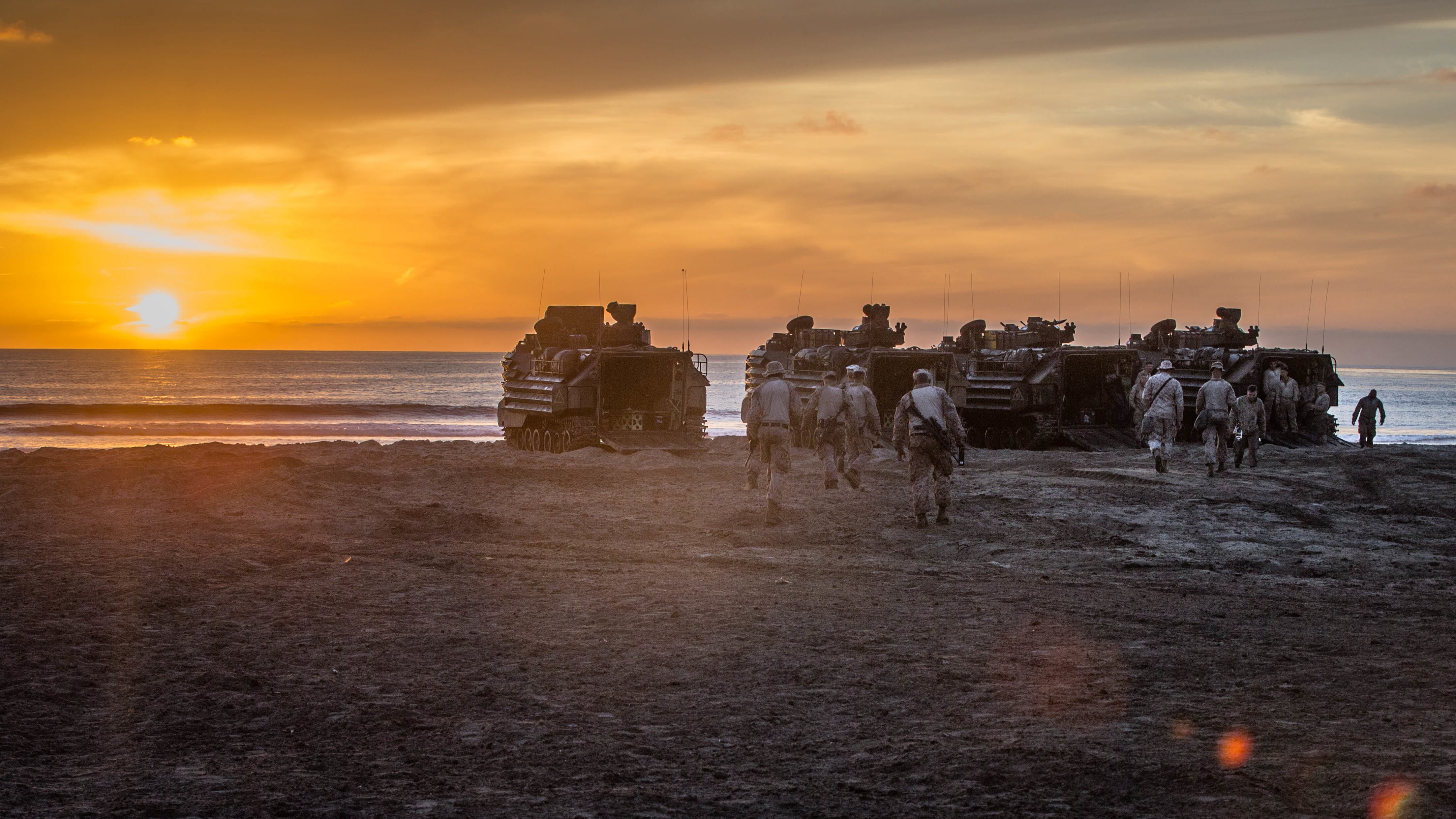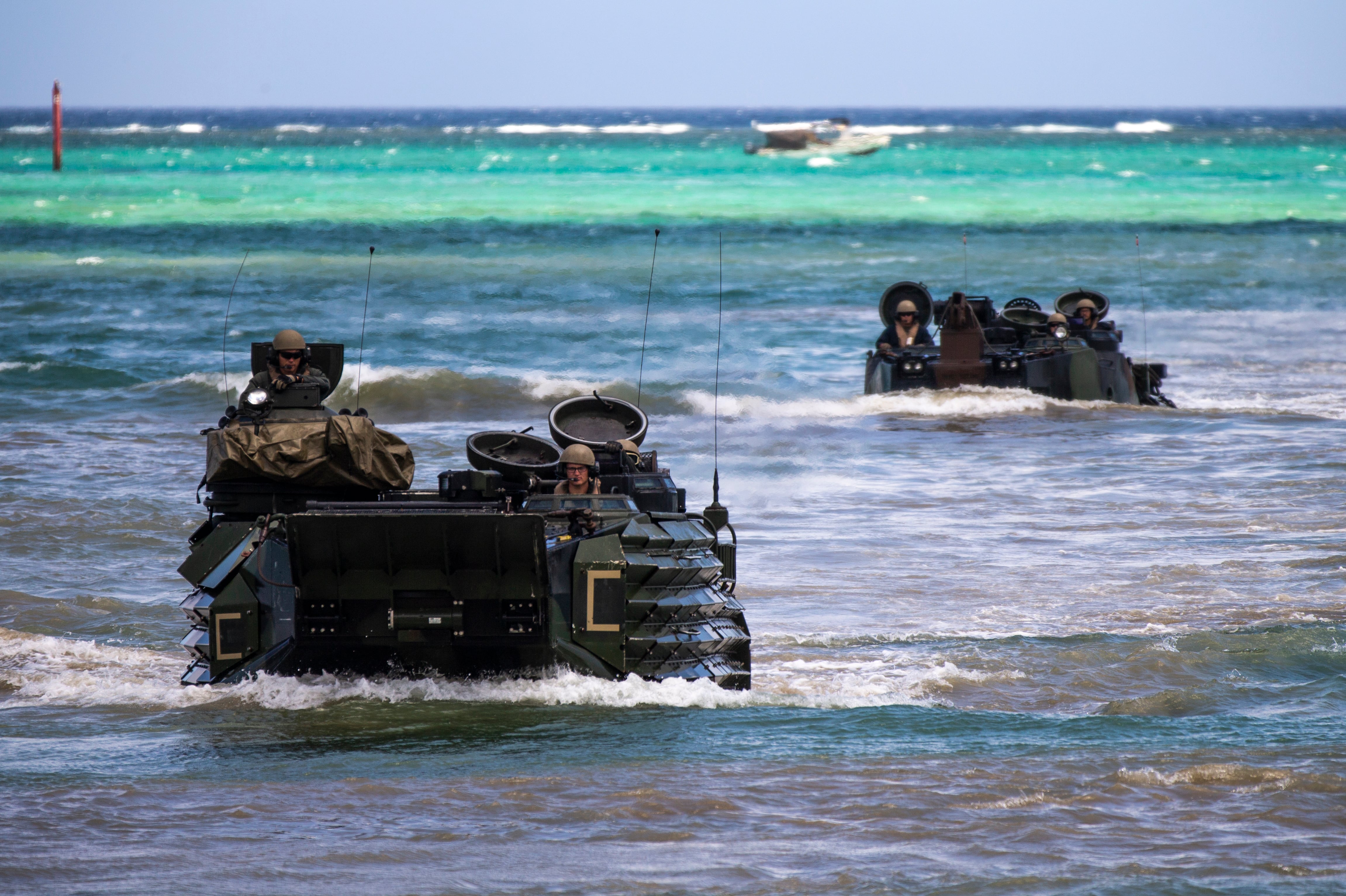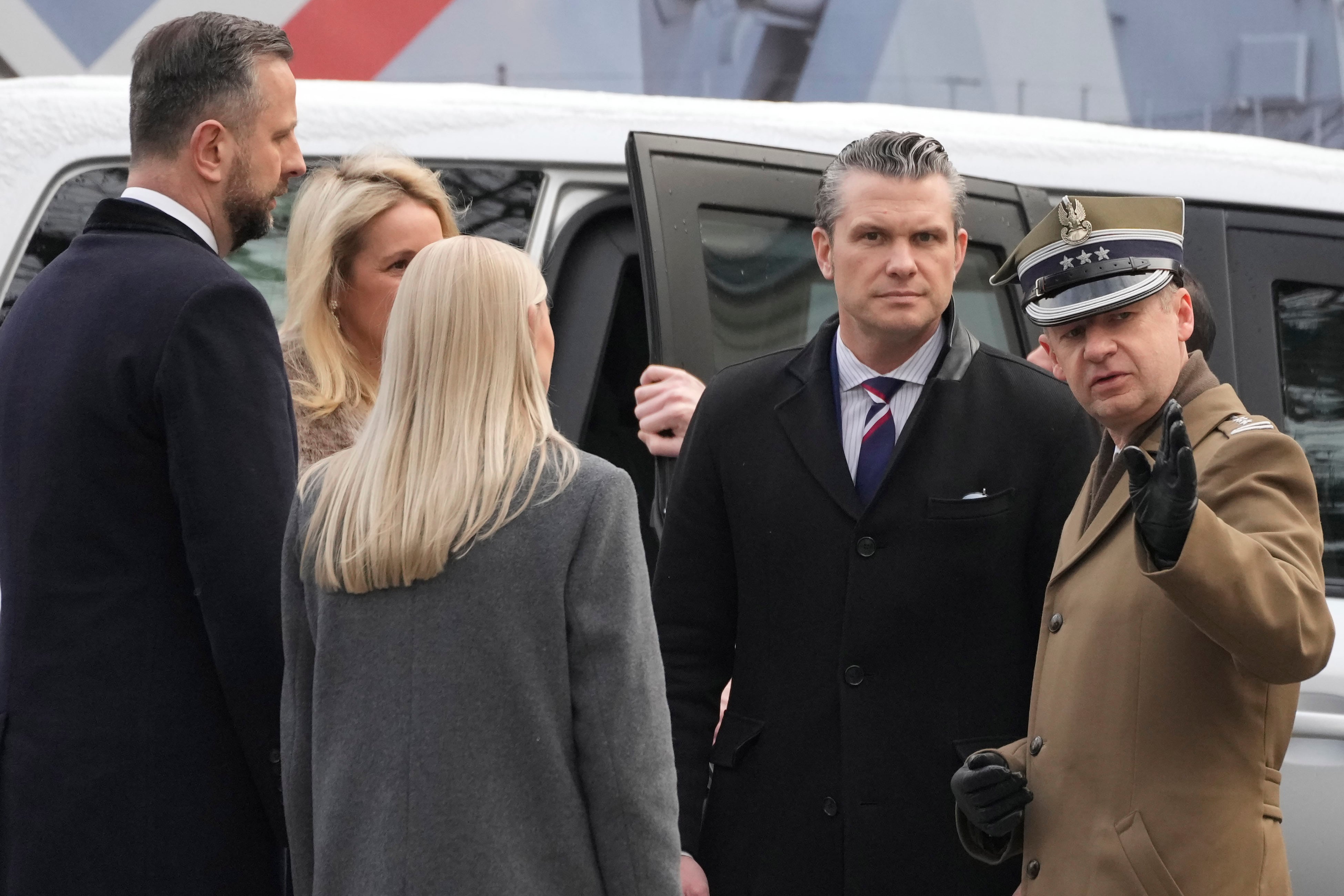Members of III Marine Expeditionary Force have returned to waterborne training with amphibious assault vehicles for the first time since July 2020, when an AAV sank off the California coast killing 8 Marines and one sailor.
Shortly after the accident, Marine Corps Commandant Gen. David Berger called a halt to all waterborne AAV training until the causes of the accident could be discovered and addressed.
RELATED

The Corps and Navy have launched at least four investigations into the accident, the vehicles and the formation of the 15th Marine Expeditionary Unit, which owned the vehicle that sank.
The Corps found numerous safety issues and unclear, confusing regulations surrounding AAV operations.
Following its first investigation into the accident, the Marine Corps conducted a thorough review of its AAV fleet, with updated requirements for watertight integrity and bilge pump functionality.
“A majority of the AAVs failed to meet the new inspection criteria,” Lt. Gen. Steven Rudder, commander of Marine Forces Pacific, said in the investigation.
The most common failures were, “bilge pump discrepancies, inoperable emergency egress lighting systems and plenum leakage,” exactly what had doomed the AAV assigned to the 15th MEU.
Satisfied with the new standards and Marines performance in a weeks-long training exercise, the Corps has now returned AAVs to water operations.
“U.S. Marines with Company B, 3d Assault Amphibian Battalion, completed a demanding waterborne operations training package June 8, 2021, on Okinawa, Japan, in compliance with all updated policies and procedures, effectively returning an important capability to III MEF,” according to the news release.
The MEF conducted a “thorough review” of all safety procedures and maintenance related to AAV waterborne operations prior to the training event, the release stated.
“We completed a rigorous review to ensure we can operate our AAVs safely, protect our Marines and Sailors, and complete our mission responsibly,” Lt. Gen. H. Stacy Clardy, commanding general of III MEF, said in the release.
“We will continue to mitigate risk while employing a ready and capable force to deter aggression and respond to crisis in the region in support of our nation’s interests and our allies and partners,” he added.





